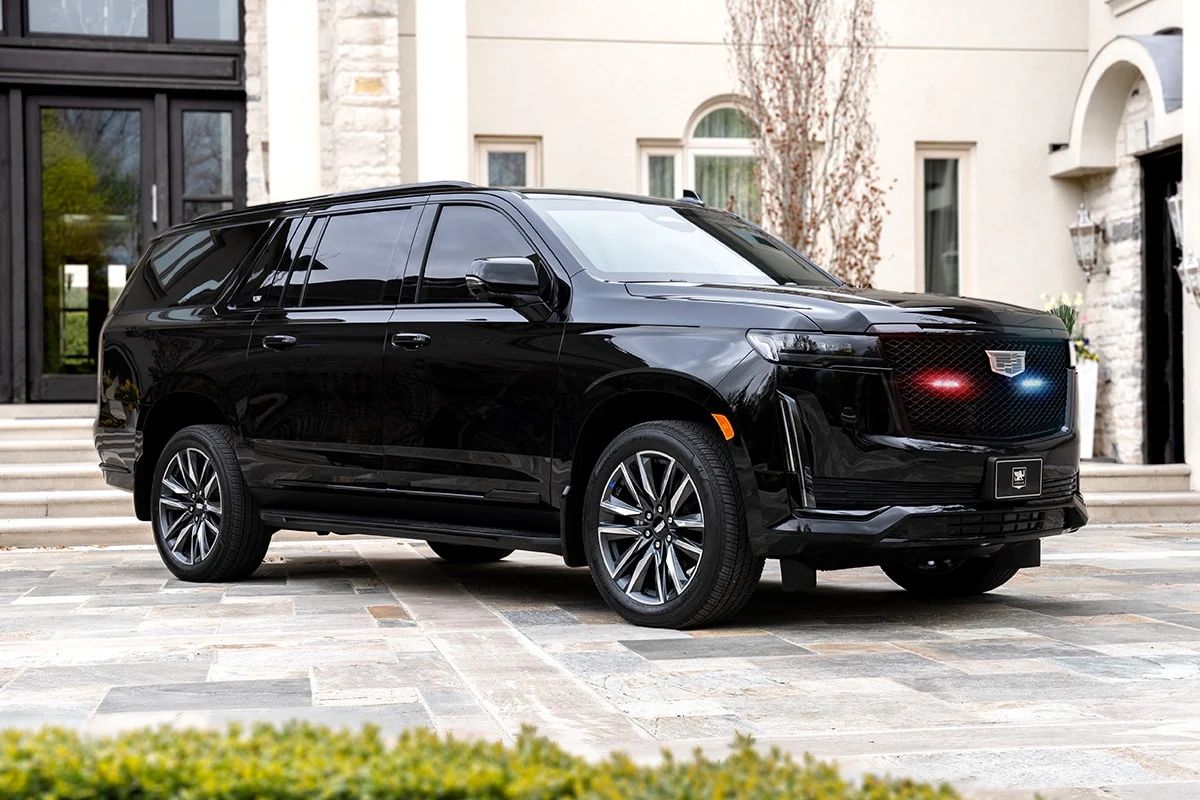Electronics make or break modern cars. From advanced infotainment to drive-by-wire systems, your vehicle today is a rolling computer. But not all of these “computers” are built the same.
Some cars have electronic systems that just don’t quit—robust, well-tested, and capable of withstanding years of abuse. Others? Not so much. One moment your infotainment freezes, and the next your dashboard lights up like a Christmas tree… for no good reason.
Now, we’re not just talking about annoying bugs or occasional glitches. We’re talking about electronic systems so reliable you almost forget they exist—and others so prone to failure they could put your entire car out of commission. This stuff matters.
Faulty electronics can cost thousands in repairs, cause safety features to fail, or even lead to total vehicle shutdowns.
So if you’re in the market, doing research, or just curious, here’s a deep dive into five cars known for their bulletproof electronic systems and five that are frustratingly glitch-prone.
These insights are based on long-term ownership reports, mechanic feedback, and user complaints, not just shiny brochures. Because in the end, it’s not about how futuristic your car looks—it’s about how consistently it works.
5 Cars with Bulletproof Electronic Systems
In today’s automotive world, electronics are the brains behind everything—from engine performance and driver assistance to infotainment and security. But while advanced tech brings convenience, it also introduces potential failure points. Not all vehicles are created equal when it comes to electronic reliability.
Some stand out for having rock-solid systems that rarely falter, even after years on the road. In this article, we spotlight five cars known for their bulletproof electronic systems—vehicles that combine innovation with dependability, giving drivers peace of mind in an increasingly digital age.
1. Toyota Land Cruiser
The Land Cruiser is basically the Chuck Norris of the automotive world. It’s got a rep for going anywhere and doing anything, and a big part of that is its dead-reliable electronics. Toyota engineered the Land Cruiser for extreme environments—think deserts, jungles, and war zones. That means fewer fancy gimmicks, more proven tech.

Its ECU (engine control unit) and other electronic modules are hardened, moisture-resistant, and not overly reliant on unnecessary sensors. It avoids bleeding-edge features just for the sake of marketing. Owners report minimal issues even after a decade of use. Plus, mechanics love it because diagnostics are straightforward, and error codes are rare.
You won’t find touchscreens that spaz out or parking sensors that go off randomly. Everything feels solid, well-integrated, and—most importantly—it works. This is one of the few modern vehicles where the electronics are a supporting character, not the diva of the show. If you need a car you can trust when the world’s falling apart, the Land Cruiser’s electronics won’t let you down.
ALSO READ: 10 Cars That Still Have Gloveboxes Too Small for Manuals
2. Lexus LS
Luxury and reliability don’t usually go hand in hand when it comes to electronics, except in the case of the Lexus LS. This flagship sedan from Toyota’s luxury arm is known for top-tier craftsmanship and flawless electronic integration.
While it’s packed with tech (adaptive suspension, active noise cancellation, radar cruise control), everything is tested to death before it hits the production line.

Lexus has this obsessive attention to detail, and nowhere is that more obvious than in the LS. The infotainment might not be the flashiest, but it rarely crashes. The driver-assistance features behave predictably. Even the HUD (heads-up display) doesn’t randomly disappear like in some German sedans.
It’s not just anecdotal. The LS consistently ranks high in J.D. Power reliability studies, and owner forums are eerily quiet when it comes to electrical problems.
When something does go wrong, the system isolates the issue without throwing 10 unrelated error codes. That’s rare these days. Bottom line? The LS is one of the few high-tech luxury sedans that doesn’t turn into an electrical nightmare over time.
3. Honda Accord
The Accord doesn’t try to reinvent the wheel, and that’s exactly why its electronics are so solid. Honda sticks to tried-and-true solutions and only rolls out new tech when it’s been thoroughly proven. So while the Accord may not be bleeding-edge, it’s rock-solid where it counts.
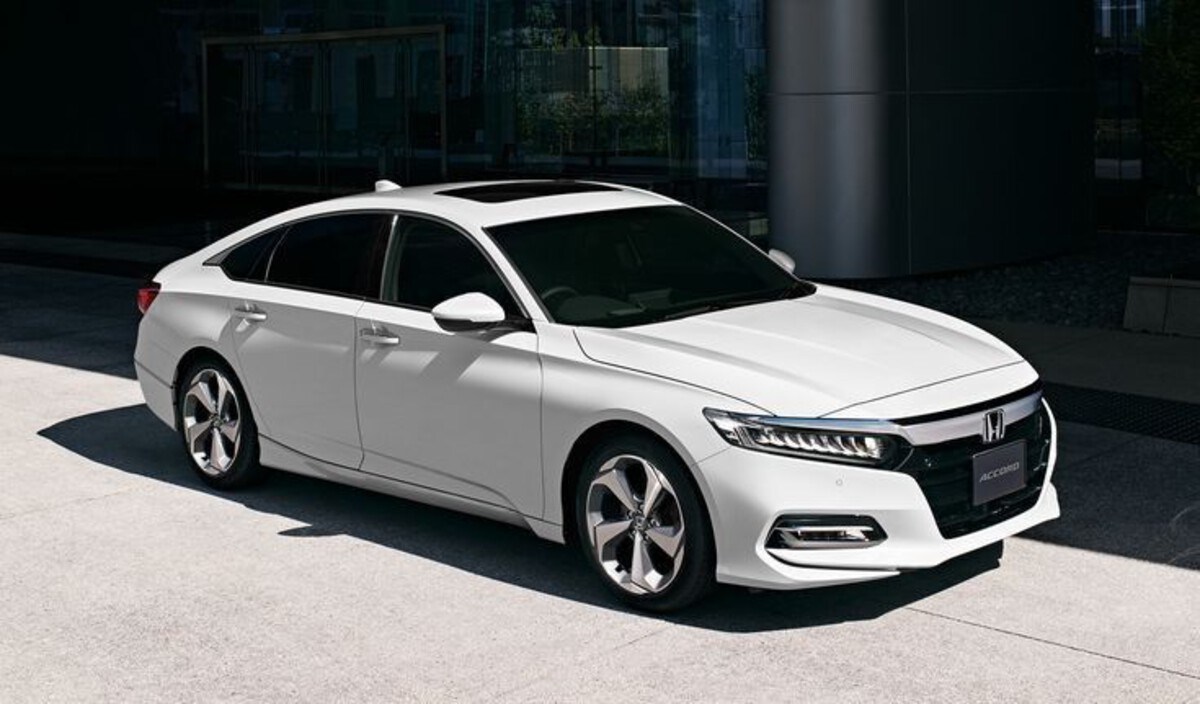
Whether it’s the digital dash, infotainment system, or lane-keep assist, everything is logically laid out and just… works. You don’t get random screen freezes. Your backup camera doesn’t cut out mid-parking. And your power seats won’t suddenly lose memory settings every time you start the engine.
Owners report fewer electrical gremlins than in comparable sedans, and even higher-mileage Accords hold up well. Honda also makes it easy to replace sensors or modules without needing to reprogram the whole car, which mechanics appreciate.
The Accord is the poster child for reliability, and its electronics follow suit. No flashy gimmicks—just dependable tech that enhances the drive without getting in the way.
4. Mazda CX-5
Mazda doesn’t get enough love for its reliability, especially when it comes to electronics. The CX-5 is a great example of how to combine modern features with old-school dependability. You’ve got Apple CarPlay, a heads-up display, radar-based safety features, and even torque vectoring—all running off a system that rarely misfires.
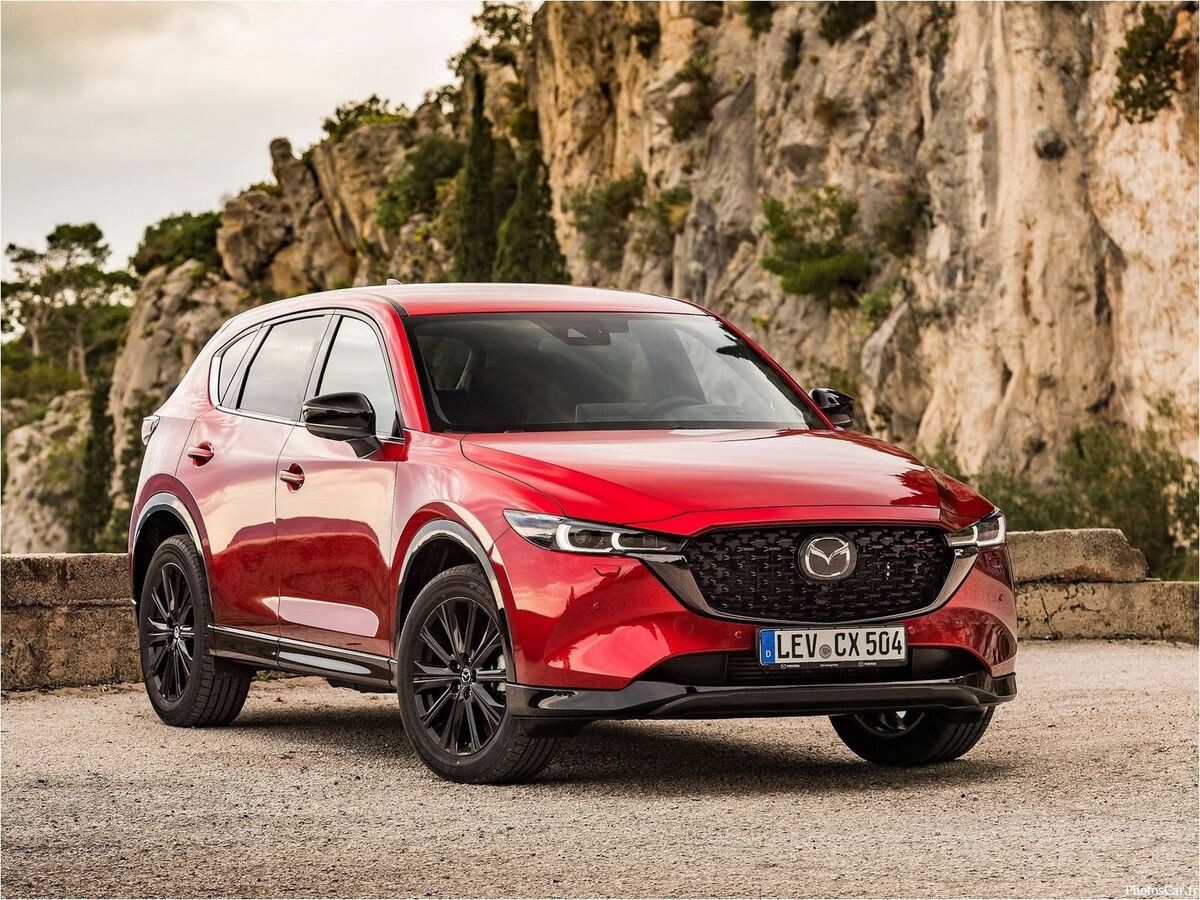
Mazda’s infotainment isn’t touchscreen-heavy while driving (on purpose), which means less freezing, fewer smudges, and longer-lasting hardware. Plus, Mazda tends to build their electronics in-house rather than outsourcing it to 50 different suppliers. That control over the whole stack matters.
While other crossovers are constantly plagued with issues like failing climate controls, random battery drain, or blind spot monitor errors, the CX-5 remains drama-free. Owners often report driving it for years with barely a warning light flashing. Software updates are minimal, and most bugs get sorted out fast—no waiting months for a fix.
It’s not a “techie” car, but the tech it has works well. And in 2025, that’s a refreshing change.
5. Toyota 4Runner
Another Toyota? Yep. The 4Runner, like the Land Cruiser, is built for rough use, not digital wizardry. It still runs some old-school architecture, and that’s a major advantage.
You won’t find over-complicated electronic steering or overactive lane-departure systems. But what’s there—the traction control, power windows, and lighting modules—works for years without acting up.

Mechanics joke that the 4Runner is “dumb in all the right ways.” That means fewer ECUs to fail, fewer wires to short, and fewer headaches for you. It’s the kind of SUV you can beat up, splash through rivers, or park in the sun for 10 years straight, and the electronics will still fire up like day one.
There’s a reason preppers and overlanders love the 4Runner. It’s tough, dependable, and doesn’t rely on fragile tech to keep it going. The electronics aren’t fancy—but they’re bulletproof.
5 Cars That Short Out Easily
When it comes to reliability, electrical systems can make or break a car’s reputation. While modern vehicles are packed with tech-savvy features, some are more prone to electrical gremlins than others.
From flickering dashboards to complete system failures, certain models have gained a reputation for shorting out far too easily. In this article, we’ll take a closer look at five cars that are notorious for electrical issues—and what makes them so vulnerable.
1. Jeep Grand Cherokee (2014–2020)
Yikes. This thing is a case study in electrical failure. The Grand Cherokee has some of the most error-prone electronics in recent SUV history. We’re talking touchscreens that freeze mid-drive, climate controls that stop responding, and instrument clusters that go totally blank without warning.
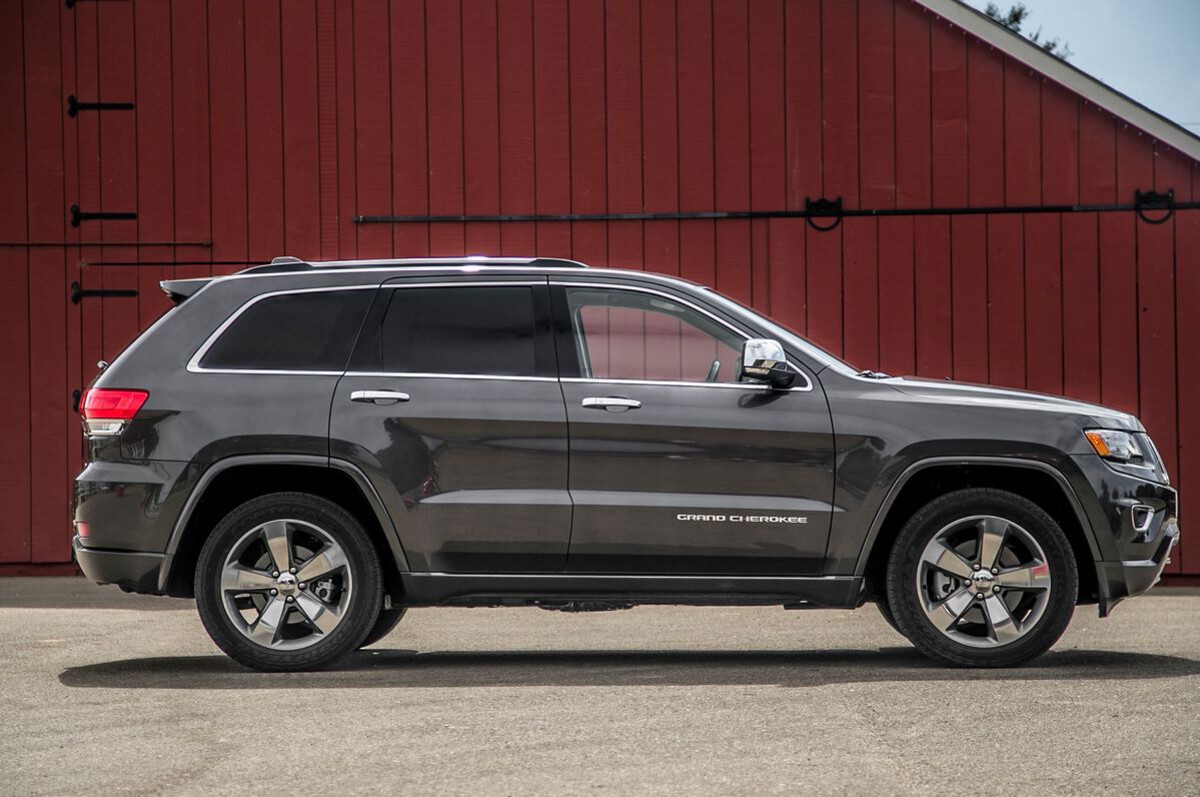
The Uconnect system—when it works—is actually great. But when it doesn’t, which is often, it’ll drive you insane. Owners have reported sudden system reboots, Bluetooth dropouts, and rearview cameras that don’t show up when reversing. Not ideal.
The real issue? FCA (now Stellantis) loaded the Grand Cherokee with features, but didn’t iron out the bugs. On top of that, there were multiple recalls for electrical system faults—some that could even start fires. And don’t even get us started on battery drain problems and parasitic power draw.
You’d expect better from a premium SUV, but sadly, the electronics are a serious weak point.
ALSO READ: 8 Cars With Rear Seat Angles Too Upright for Comfort
2. BMW 5 Series (2010–2017)
BMWs are fun to drive… until the electronics start acting like they’re haunted. The 5 Series, particularly from 2010 to 2017, has a reputation for maddening electrical gremlins. From the iDrive system crashing to random dashboard errors (low tire pressure, battery faults, ABS warnings), it’s a mess.
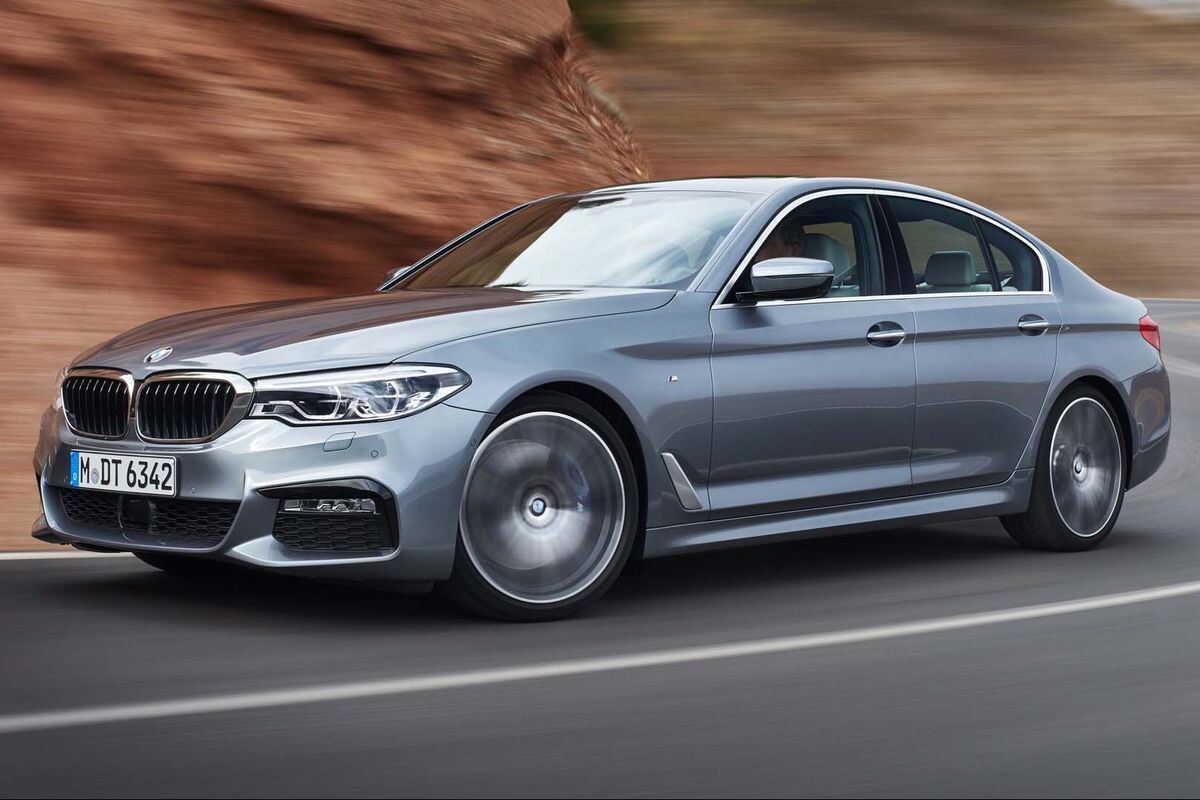
And here’s the kicker—these problems often aren’t real. One owner replaced multiple wheel sensors only to find the issue was a faulty body control module. Others have dealt with mysterious battery drains, faulty auto start-stop systems, or headlights that blink for no reason.
BMW packs its cars with tech, but that complexity comes with a price: dozens of interconnected modules that can cascade into chaos when one fails. And good luck fixing it. Diagnosis requires dealer-level scanners and $$$ just to figure out which module is upset this time.
These are beautiful cars with frustrating brains.
3. Range Rover Evoque
Oh boy. If you’re buying a Range Rover, you’re already gambling with reliability, but the Evoque’s electronics are next-level problematic. The infotainment often lags like a budget Android tablet, cameras cut out in reverse, and the keyless entry system occasionally just… doesn’t.
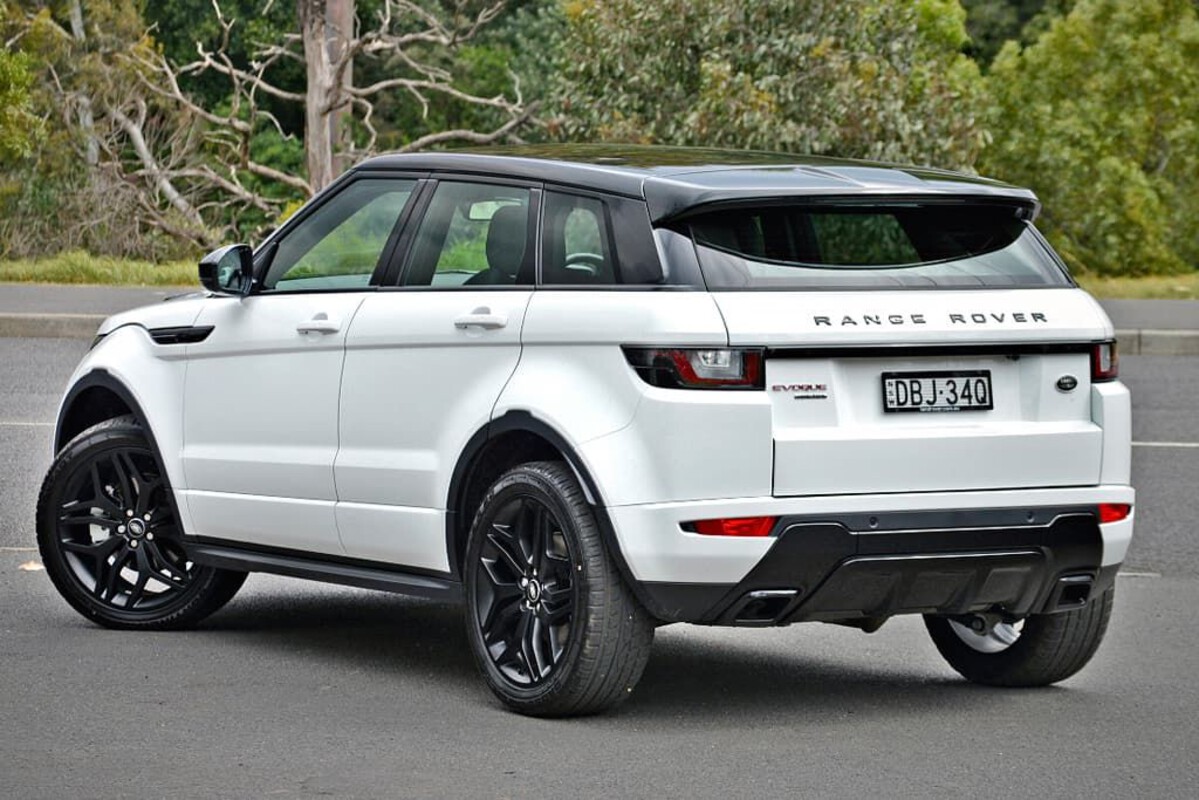
Owners report everything from blown fuses to full-on electrical shutdowns. There’s also a recurring theme of water intrusion—yep, water getting into electronic modules and shorting them out. You know, in a luxury SUV.
Updates don’t help much, and the software feels half-baked. Repair bills are steep, diagnostics are complicated, and you’ll likely be back at the dealer more often than you’d like.
Range Rover promises luxury, but the Evoque’s flaky electronics deliver something else entirely: regret.
4. Chevrolet Volt (1st Gen)
A pioneer in the plug-in hybrid world, sure—but early Volts were notorious for weird electrical bugs. From charging glitches to total system freezes, these cars had a lot going on behind the scenes—and it didn’t always go smoothly.
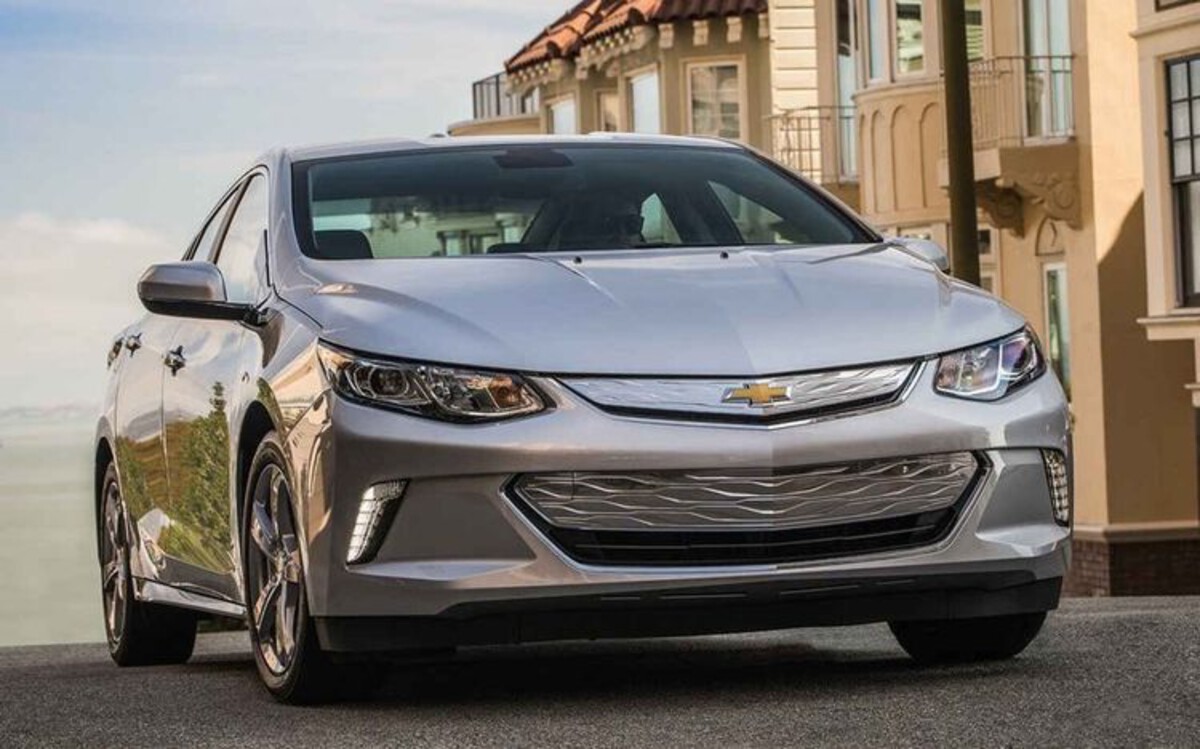
Owners complained about infotainment screens locking up, unresponsive HVAC systems, and even loss of propulsion warnings from the main battery control unit. And if you think a regular car’s electronics are expensive to fix, try dealing with high-voltage systems on top of it.
The Volt was ambitious, but its first-gen execution left reliability behind. GM has cleaned up its act a bit with newer EVs, but the early Volt remains a reminder that not all innovation is worth the headache.
5. Nissan Altima (2013–2018)
The Altima is supposed to be the reliable, middle-of-the-road sedan. But in this generation, Nissan cut a few too many corners—and the electrical system paid the price. Everything from failing push-start buttons to sensor issues and mysterious warning lights made life annoying for owners.

The big culprit? Subpar wiring harnesses and cheaply made sensors. These things don’t hold up well over time. The rear backup camera frequently goes dark. The tire pressure monitor throws errors even when the tires are fine. In some cases, the entire dashboard has gone out of mid-drive.
Nissan tried to patch the issues with firmware updates, but the problems run deeper. This Altima looks decent on paper, but it will test your patience if you like your electronics to actually work consistently.
In a world where cars are rolling laptops, the reliability of electronic systems matters more than ever. Some automakers treat electronics like an accessory—cool to have, but not built to last. Others treat them as a core component, just as critical as the engine or brakes. That difference shows up in real-world reliability.
The cars that shine—like the Toyota Land Cruiser, Lexus LS, and Honda Accord—don’t just have fewer features. They have better-engineered features. The systems are integrated with care, tested thoroughly, and built to last through heat, cold, and abuse.
On the flip side, cars like the Jeep Grand Cherokee or Range Rover Evoque remind us what happens when style and features take priority over function. Flashy infotainment isn’t much fun when it crashes in traffic. And no, you shouldn’t have to reboot your car like a smartphone.
If you’re shopping smart, don’t just look at horsepower or interior finishes. Ask how the electronics hold up. Read the forums. Talk to real owners. Because the best car in the world doesn’t mean much when the screen freezes, the lights flicker, or the engine won’t start.

